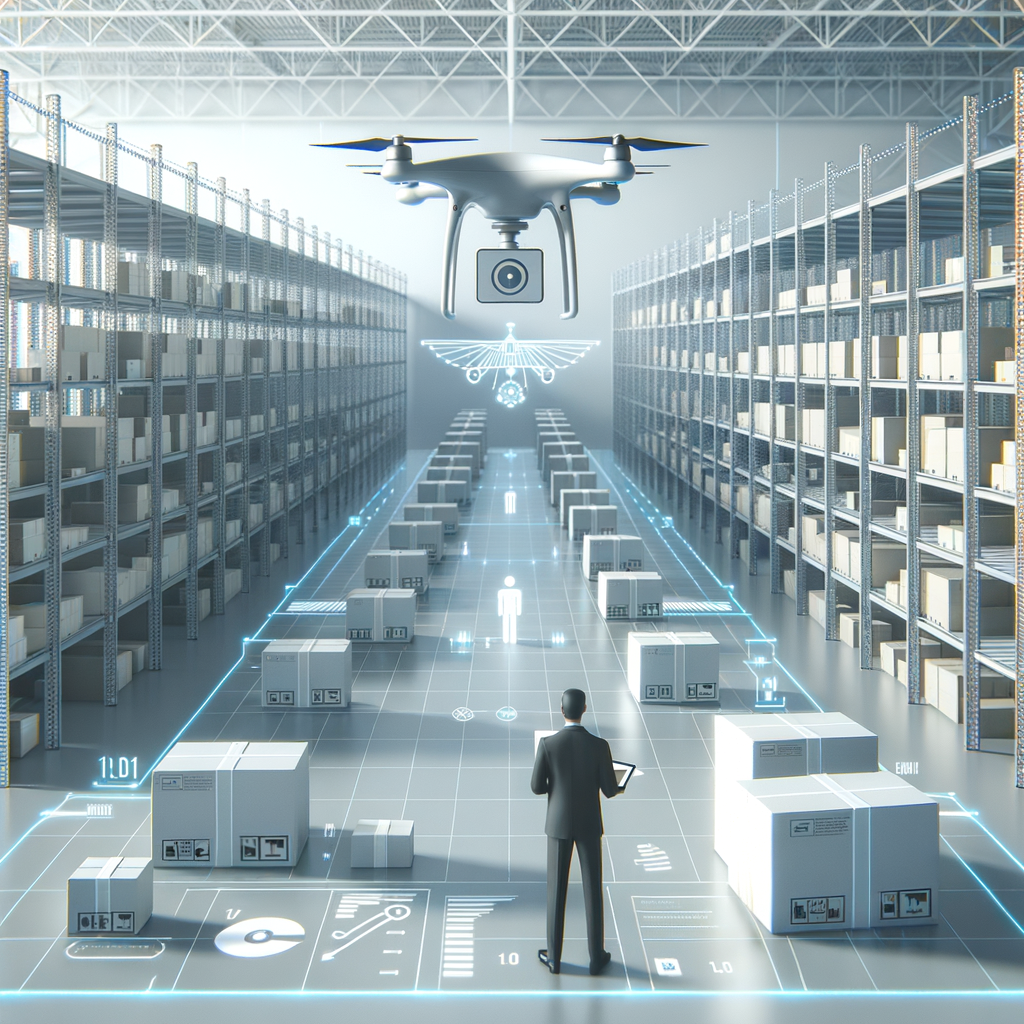
Unveiling the Future: How AI Agents are Revolutionizing Supply Chain Management
Explore the transformative impact of AI agents in the realm of supply chain management. This blog delves into how intelligent agents are streamlining operations, optimizing logistics, and enhancing efficiency in global supply chains. Discover the cutting-edge techniques that are redefining traditional supply chain practices through AI-driven insights and autonomous decision-making.
The supply chain industry is undergoing a transformational shift, driven by the integration of AI agents that promise to optimize and streamline operations like never before. The complexity of managing global supply chains involves various intricate elements such as procurement, logistics, inventory management, and demand forecasting. AI agents, equipped with advanced data processing abilities and machine learning algorithms, are poised to revolutionize each of these aspects.
Understanding AI Agents in the Supply Chain
AI agents are intelligent systems capable of autonomous action in dynamic and complex environments. Within the supply chain context, these agents can analyze vast amounts of data, derive actionable insights, and make decisions without human intervention.
Key Features of AI Agents in Supply Chain Management:
- Predictive Analytics: AI agents can forecast demand more accurately by analyzing patterns and trends, which helps in reducing overstock and understock situations.
- Real-time Visibility: By providing end-to-end visibility across the supply chain, AI agents allow for better control over logistics and inventory.
- Automation and Efficiency: Tasks that were traditionally manual, such as tracking shipments or ordering supplies, can be automated, freeing up human workers for more strategic tasks.
- Risk Management: AI agents can identify potential disruptions in the supply chain by monitoring geopolitical events, natural disasters, or economic shifts and suggesting proactive measures to mitigate risks.
Transformative Technologies
Several technological advancements complement the capabilities of AI agents in supply chains:
- IoT Integration: Internet of Things (IoT) devices feed data into AI systems, providing rich datasets for analysis. Sensors track items from factory floors to retail shelves, delivering real-time status updates.
- Blockchain: Assures transparency and traceability, crucial for maintaining trust and integrity across the supply chain.
- Robotics: Alongside AI agents, robotics can handle tasks such as sorting and packing in warehouses, improving operational efficiency.
Real-world Applications and Examples:
- Retail: Companies like Walmart and Amazon are already using AI-driven systems to ensure shelves are stocked appropriately, minimizing losses from unsold inventory.
- Manufacturing: AI helps in predictive maintenance of machinery, reducing downtime and maintaining production schedules seamlessly.
Challenges and Considerations:
The transition to AI-driven supply chains is not without challenges:
- Data Privacy Concerns: Handling sensitive information ethically.
- Integration Complexity: Merging AI systems with legacy processes.
- Skill Gap: Training staff to work alongside AI agents effectively.
Conclusion
The advent of AI agents in supply chain management represents a paradigm shift, offering unprecedented levels of precision, efficiency, and adaptability. As businesses continue to harness these technologies, the entire ecosystem of supply chain operations will evolve, leading to innovative solutions and competitive advantages on a global scale.
The future of supply chains is not just about moving goods from point A to point B; it's about doing so intelligently and efficiently, securing the best outcomes for businesses and consumers alike.